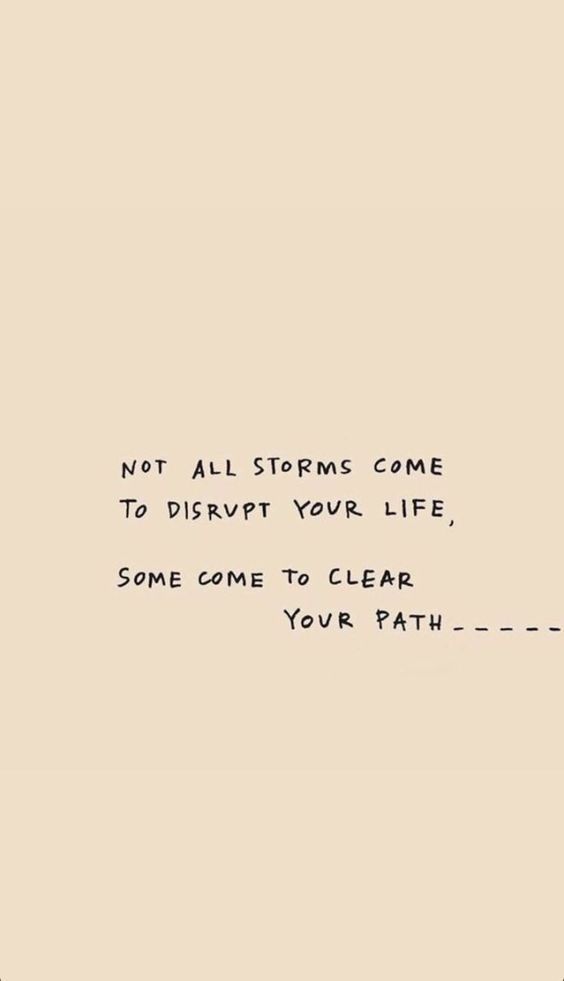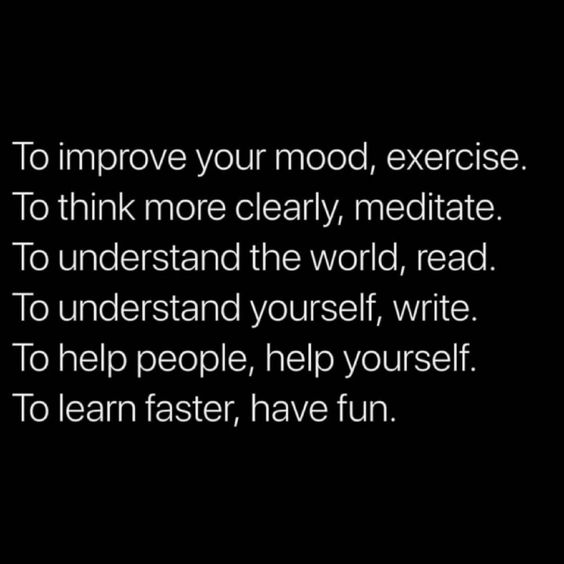Archives
“Overconfidence is a great weakness and a liability. But if you are already humble, no one will need to humble you—and the world is much less likely to have nasty surprises in store for you. If you stay down to earth, no one will need to bring you—oftentimes crushingly so—back down.”
Ryan Holiday, The Daily Stoic (Page 274)
“Let us get used to dining out without the crowds, to being a slave to fewer slaves, to getting clothes only for their real purpose, and to living in more modest quarters.”
Seneca, On Tranquility Of Mind, via The Daily Stoic (Page 271)
“Over the years, I’ve learned that the first idea you have is irrelevant. It’s just a catalyst for you to get started. Then you figure out what’s wrong with it and you go through phases of denial, panic, regret. And then you finally have a better idea and the second idea is always the important one.”
Arthur van Hoff, Founders at Work
“The things we fear pale in comparison to the damage we do to ourselves and others when we unthinkingly scramble to avoid them. An economic depression is bad; a panic is worse. A tough situation isn’t helped by terror—it only makes things harder. And that’s why we must resist it and reject it if we wish to turn this situation around.”
Ryan Holiday, The Daily Stoic (Page 271)
“No one is crushed by Fortune, unless they are first deceived by her… those who aren’t pompous in good times, don’t have their bubbles burst with change. Against either circumstance, the stable person keeps their rational soul invincible, for it’s precisely in the good times they prove their strength against adversity.”
Seneca, via The Daily Stoic (Page 270)
“I judge you unfortunate because you have never lived through misfortune. You have passed through life without an opponent—no one can ever know what you are capable of, not even you.”
Seneca, via The Daily Stoic (Page 265)
“Nobody is rooting for you to fail. You may succeed. You may fail. But, for the most part, nobody cares one way or the other. This is good. The world is big and you are small, which means you can chase your dreams with little worry for what people think.”
James Clear, Blog
“In order to achieve victory, one must dedicate every second and every resource into preparation and training. LeBron James doesn’t take a summer break—he uses it to work on other aspects of his game. The U.S. military trains its soldiers day and night when not at war, in preparation for when they have to go to war; when they do go to war, they fight until it’s over. The same is true for us. We can’t do this life thing halfheartedly.”
Ryan Holiday, via The Daily Stoic (Page 265)
“Men, the philosopher’s lecture-hall is a hospital—you shouldn’t walk out of it feeling pleasure, but pain, for you aren’t well when you enter it.”
Epictetus, via The Daily Stoic (Page 264)
“Cato the Younger had enough money to dress in fine clothing. Yet he often walked around Rome barefoot, indifferent to assumptions people made about him as he passed. he could have indulged in the finest food. He chose instead to eat simple far. whether it was raining or intensely hot, he went bareheaded by choice. Why not indulge in some easy relief? Because Cato was training his soul to be strong and resilient. Specifically, he was learning indifference: an attitude of ‘let come what may’ that would serve him well in the trenches with the army, in the Forum and the Senate, and in his life as a father and statesman.”
Ryan Holiday, via The Daily Stoic (Page 263)
“Anything that must yet be done, virtue can do with courage and promptness. For anyone would call it a sign of foolishness for one to undertake a task with a lazy and begrudging spirit, or to push the body in one direction and the mind in another, to be torn apart by wildly divergent impulses.”
Seneca, via The Daily Stoic (Page 259)








